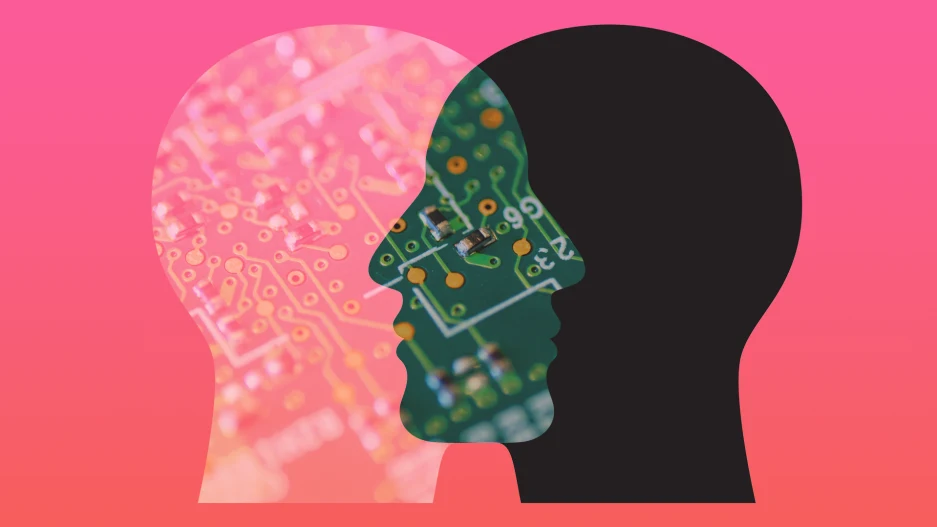BY AUSTIN GORMAN

When it comes to AI and the future of work, the most important thing will not always be knowing the correct answer, but rather communicating the right questions.
Many researchers believe that there will come a point when computer programs perform much of the work formerly reserved for humans. Artificial intelligence will impact the jobs of those from finance to healthcare. As the need for physical skills, and even many basic cognitive ones, decline in importance, the marketable skills that can future-proof your career and livelihood will be “soft skills,” such as management, communication, and empathy.
While hard skills are often the first thing recruiters look for on a resume, AI will require that workers differentiate themselves from other job candidates with similar resumes and experience.
Empathy, for instance, is not a characteristic that even the most sophisticated computer programs will ever be able to replicate. Empathy plays a crucial role in good communication. Empathy requires putting yourself in another’s place, understanding their fears, desires, and motivations. It might be the most essential skill to develop as a leader or coworker in our machine-based future workplace.
Effective communication is a cognitive skill that will be crucial in the future workplace, whether you’re talking to a person or a machine. Generative AI makes writing market copy, debugging a program, or producing compelling designs easier than ever. The employees who will be most effective with these tools will be those who can generate the best responses from machines. Those who understand through empathic communication what their coworkers and customers want and need will be in the best position to harness the power of AI.
When it comes to AI in the workplace, the important thing will not knowing the correct answer, but asking the right questions. And, to ask the right questions, you need empathy and communication savvy.
HOW TO DEVELOP SOFT SKILLS
When employees craft their résumé or LinkedIn profile, they generally list all their accomplishments and achievements. We have been told our entire lives that hard skills are the important things. How much revenue did your efforts generate? What was the ROI?
Start by reflecting on your soft skills. Do you feel you are often able to clearly communicate your thoughts? Are you able to avoid, or resolve, conflicts with your coworkers? In this way, self-reflection can be the first step toward strengthening the soft skills that will be crucial for the workforce of tomorrow.
The next step for strengthening your soft skills is to make sure you learn from your failures. Failing can be painful, but everyone fails. When we discuss career failure, we usually think about it in the context of future success. Henry Ford often failed before becoming successful, but did his failures make him more emphatic? By all historical accounts, this doesn’t seem to be the case.
When you reflect on your experiences in the workplace, you can identify how you might have handled certain situations differently, particularly those that didn’t necessarily go well. For instance, if the ball was dropped on a project by a particular coworker you were directing, you might ask yourself if the problem was with them or you. Did you communicate clearly enough with this colleague, and if not, how might you do better in the future?
In the coming years, AI will change work as we know it forever. Teams that work alongside AI will be able to do so to the extent that they embrace the soft skills that are often paid lip service, but not often taken seriously enough.
Source: Mansueto Ventures
Original Content:
https://shorturl.at/ekxHI